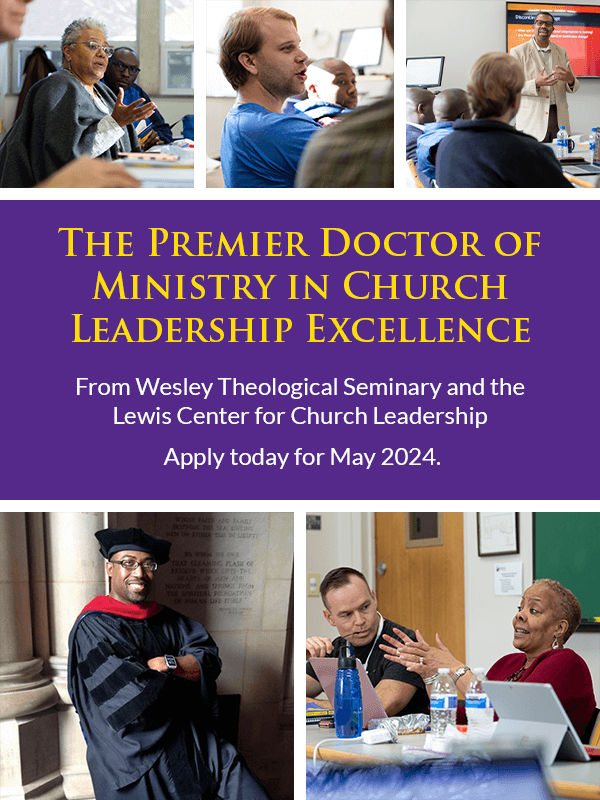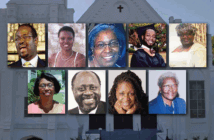To celebrate the Lewis Center’s anniversary, we are highlighting Leading Articles — some of our most popular posts of the past 20 years. We are pleased to share again this article by Ann Michel of the Lewis Center staff, originally published on July 29, 2015.
If your congregation relies on leadership teams to make ministry happen, the vitality of your church depends on these groups working well. Strong ministry teams generally display the following characteristics.
1. Shared vision. A good team understands what it needs to accomplish and how its work connects to the overall vision of the church. Ministry teams only give it their all when they feel something real is at stake. Strong teams coalesce around significant challenges.
In strong ministry teams, every member provides leadership. But someone needs to take responsibility for making sure the team itself functions well.
2. Distinct roles. Teams function most effectively when each and every member has a unique and vital role to play. On a baseball team, for example, the pitcher and the catcher do different jobs, but neither can do their job without the other. Motivation, buy-in, and accountability are enhanced when each team member knows the group’s success depends on their efforts. When you launch a team, think carefully about what different roles are essential. In a group that’s worked together for some time, pause occasionally to ask what needs to be done and who should be doing it.
3. Constructive engagement. Teams achieve good outcomes when they get all the relevant issues on the table and fully evaluate their options before making decisions. So team members must feel free to express their opinions honestly and even risk disagreeing with one another. This type of open and honest engagement only occurs in an atmosphere of trust and mutual respect. Strong teams are deliberate in building this type of decision-making climate.
4. Size. Effective teams tend to remain lean. The group must be small enough for each person’s participation to really matter. In larger groups, the style of communication often shifts from inquiry to advocacy, making it more likely that a few voices will dominate the conversation and less likely that all participants will engage openly.
5. Leadership. In strong ministry teams, every member provides leadership. But someone needs to take responsibility for making sure the team itself functions well. Good teams have a “captain” who maintains the focus on the vision, attends to the climate of the team, facilitates the group’s processes, and keeps communication flowing.
- Building Trust for Effective Team Ministry by Robert C. Crosby
- Building Community through Ministry Teams by Jorge Acevedo
- Listening: A Key Team Building Skill by Robert C. Crosby
If you would like to share this article in your newsletter or other publication, please review our reprint guidelines.







